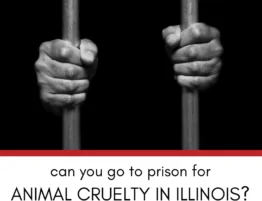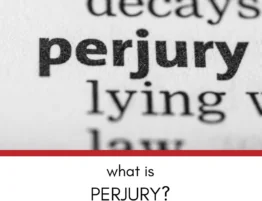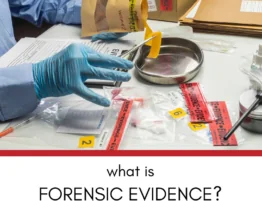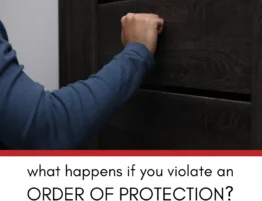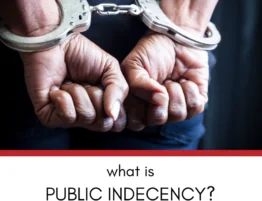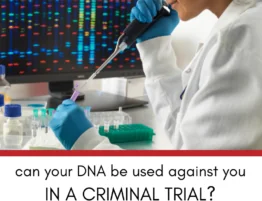
Juvenile crimes in Illinois are treated differently than crimes committed by adults. The juvenile justice system aims to rehabilitate young offenders rather than focus solely on punishment. However, depending on the severity of the crime, juveniles can still face significant consequences. A Chicago criminal defense lawyer can guide families through the legal process and help protect a juvenile’s future.
How Illinois Prosecutes Juvenile Crimes
This guide explains the following:
- How Illinois defines juvenile crimes
- Differences between juvenile and adult court
- Penalties for juvenile offenses
- Options for rehabilitation and diversion programs
- How a Chicago criminal defense lawyer can assist
Here’s a closer look at each.
How Illinois Defines Juvenile Crimes
In Illinois, juveniles are generally defined as individuals under the age of 18. Crimes committed by juveniles can range from minor infractions to serious offenses, including felony charges. The state classifies juvenile crimes based on their severity and whether the offense would be considered a crime if committed by an adult.
For most cases, the juvenile court system handles these offenses. However, some serious crimes, such as violent felonies, may result in the juvenile being charged as an adult.
Differences Between Juvenile and Adult Court
The juvenile justice system in Illinois is designed to focus on rehabilitation rather than punishment. Unlike adult court, where the goal is often to impose penalties, juvenile court prioritizes providing resources to help young offenders avoid future criminal behavior.
Key differences include:
- No jury trials in juvenile court. Instead, a judge determines the outcome.
- A greater emphasis on confidentiality to protect the juvenile’s record.
- Access to diversion programs and community-based services designed to support rehabilitation.
In contrast, adult court imposes harsher penalties and often results in a permanent criminal record.
Penalties for Juvenile Offenses
The penalties for juvenile crimes depend on the nature of the offense. For minor infractions or misdemeanor charges, penalties may include community service, probation, or counseling.
For more serious offenses, such as violent crimes or repeated offenses, juveniles may face stricter penalties, including time in a juvenile detention center. In extreme cases, such as those involving serious felonies, juveniles can be transferred to adult court and face adult sentencing guidelines.
Options for Rehabilitation and Diversion Programs
Illinois provides several options to divert juveniles away from detention and into programs that focus on rehabilitation. These programs may include:
- Community service: Allowing juveniles to give back to their communities.
- Counseling or therapy: Addressing underlying issues that contribute to criminal behavior.
- Diversion programs: Enabling juveniles to complete educational or community-based programs instead of serving time in detention.
Successful completion of these programs can help juveniles avoid a criminal record, allowing them to move forward without the long-term consequences of a conviction.
How a Chicago Criminal Defense Lawyer Can Assist
Navigating the juvenile justice system can be challenging for families. A Chicago criminal defense lawyer can help by explaining the legal process, advocating for the juvenile’s best interests, and exploring options to minimize the impact of the charges.
Lawyers can also work to keep cases in juvenile court rather than allowing them to be transferred to adult court, where the penalties are much harsher. Their guidance can make a significant difference in protecting a young person’s future.
FAQ About Juvenile Crimes in Illinois
Check out these commonly asked questions about how Illinois handles juvenile crimes. If you don’t see your question here, please call our office and we’ll find you the answers you need.
What Is the Age Limit for Juvenile Court in Illinois?
In most cases, juveniles under 18 are tried in juvenile court. However, for certain serious crimes, minors as young as 13 can be tried as adults.
Can a Juvenile Be Tried as an Adult in Illinois?
Yes. For serious offenses, such as violent felonies or repeated offenses, juveniles can be transferred to adult court and face adult penalties.
Do Juvenile Records Stay Permanent?
Juvenile records are typically confidential, but they may still impact certain opportunities, like jobs or education. In many cases, juveniles can petition to have their records sealed or expunged.
What Are Diversion Programs?
Diversion programs are alternatives to detention that focus on rehabilitation, such as counseling, education, or community service. Successful completion of these programs can help juveniles avoid a criminal record.
Can a Lawyer Help Keep a Case in Juvenile Court?
Yes. A lawyer can advocate for the case to remain in juvenile court, which often results in less severe penalties and a focus on rehabilitation rather than punishment.
Illinois takes juvenile crimes seriously but provides options for rehabilitation and support. Whether the charge is a misdemeanor or felony, the juvenile justice system is designed to help young offenders move forward. A Chicago criminal defense lawyer can guide families through the process and work to achieve the best outcome for their child.
Do You Need to Talk to an Attorney?
If you’ve been accused of a crime, we may be able to help you – and don’t worry: It’s completely confidential. Call us at 847-920-4540 or fill out the form below to schedule your free, private consultation with an experienced and skilled Chicago criminal defense attorney now.
Contact Us
"*" indicates required fields

